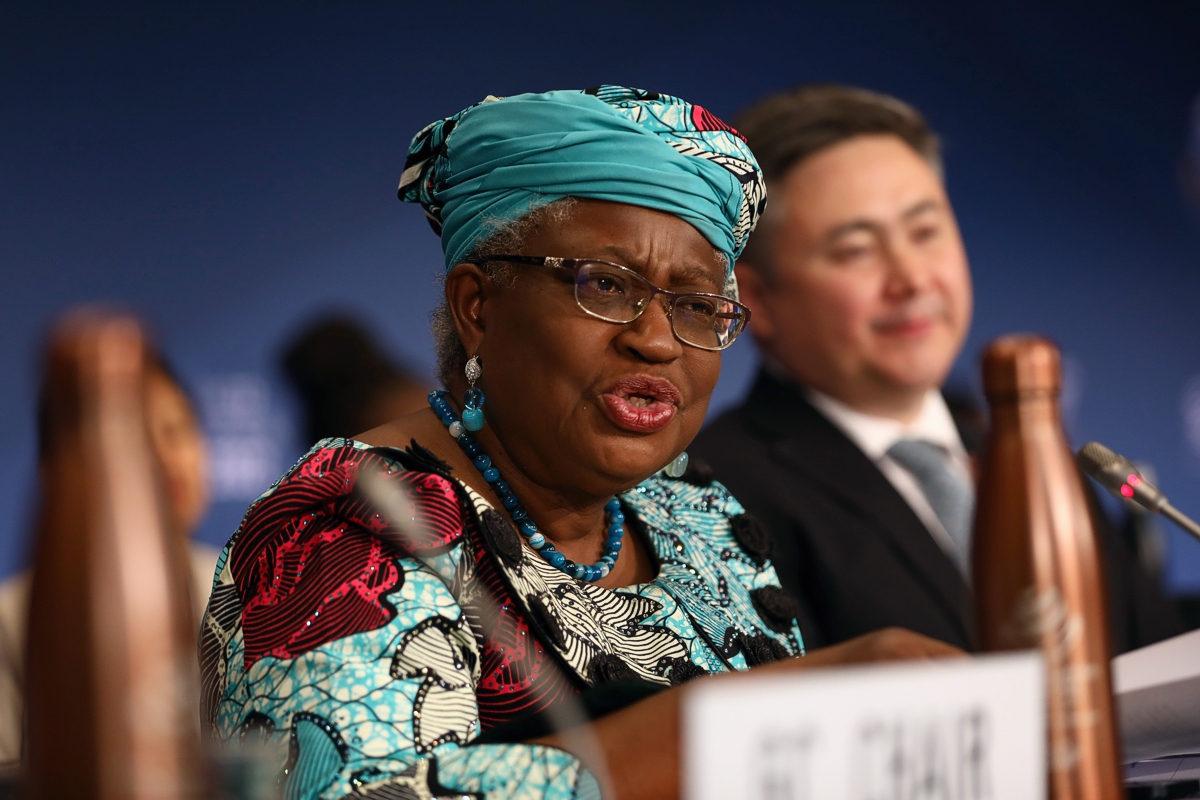One way or another it needs a consensus decision by WTO members, in the face of some strong opposition. (Now includes the final version of the proposed agreement)
UPDATE (October 16 and December 13–18, 2023)
In General Council India alone opposes investment deal as a WTO agreement
SEE ALSO
Comment: on India’s claim that a plurilateral WTO deal is ‘illegal’
Technical note: types of plurilateral deals and adding them to WTO rules
Explainer: The 18 WTO plurilaterals and ‘joint-statement initiatives’
Technical note: Participation in WTO plurilateral talks
●
All articles tagged “investment facilitation”
NOTE: An error has been removed from this. The possibility of voting under WTO Agreement Article 10 (on amendments), does not apply to amending Annex 4 of the agreement. Only Article 10.9 (requiring consensus without the option of voting) and Article 10.10 (other requirements) apply
By Peter Ungphakorn
POSTED JULY 7, 2023 | UPDATED JANUARY 26, 2024
(Developments after July 2023 are in italics. Now includes the final version of the proposed agreement)
Negotiators from over two thirds of the World Trade Organization’s members say they have reached agreement on a final text on “investment facilitation for development”, but they still have to persuade the rest of the membership either to join them or to stand aside so the deal can be added to WTO rule book.
The agreement would make investment conditions easier, more predictable and more transparent, with a focus on sustainability and development. (In November 2023 a final revision was circulated, replacing the version of July 2023, which still left some options open. See this 41-page explanation.)
“Despite the lack of high-level fanfare, this agreement represents important progress,” former WTO Deputy Director-General Alan Wolff wrote after the deal was announced on July 6, 2023.
He said it was “remarkable for several reasons” such as having no constraints on governments’ investment policies, being pro-development and focusing on process with positive encouragement.
“Participants firmly believe that the proposed […] agreement will contribute to creating a more transparent, efficient, and predictable environment to facilitate not only more investment, but also more sustainable investment, as well as to anchor and support […] participants’ domestic, bilateral, and regional reform efforts,” said the talks’ coordinators, ambassadors Sofía Boza (Chile) and Jung Sung Park (Rep. Korea), when they announced the deal had been struck on July 6, 2023.
The text “is the result of three years of intense text-based negotiations amongst over 110 participating WTO members at all levels of development, held in a transparent and inclusive manner since their launch in September 2020,” they said.
The whole exercise has taken five and a half years from the original joint statement issued by 42 WTO members at the Buenos Aires Ministerial conference in December 2017.
The aim is to “improve the investment and business climate, and make it easier for investors in all sectors of the economy to invest, conduct their day-to-day business and expand their operations”, the WTO says.

Provisions addressing ‘Responsible Business Conduct’ and ‘Measures Against Corruption’ … [break] new ground within the WTO
— Ngozi Okonjo-Iweala, WTO Director-General
The deal would include helping developing and least-developed countries participate more in global investment flows, in some cases with aid.
“The initiative does not cover market access, investment protection and investor-state dispute settlement,” the WTO clarifies.
WTO Director-General Ngozi Okonjo Iweala said: “The text also contains provisions addressing ‘Responsible Business Conduct’ and ‘Measures Against Corruption’ — again breaking new ground within the WTO.”
Participants said they would spend the rest of the 2023 and until the next Ministerial Conference in February 2024 on a major campaign to bring the rest of the membership onside, the talks’ coordinators said (see below).
The task could prove trickier than the past three years of negotiations on the text itself. The biggest and apparently unavoidable challenge will be to allow the agreement and its provisions to pass a consensus decision, meaning none of the WTO’s 164 members block it.
Continue reading “WTO investment facilitation text completed but still faces uphill battle”











